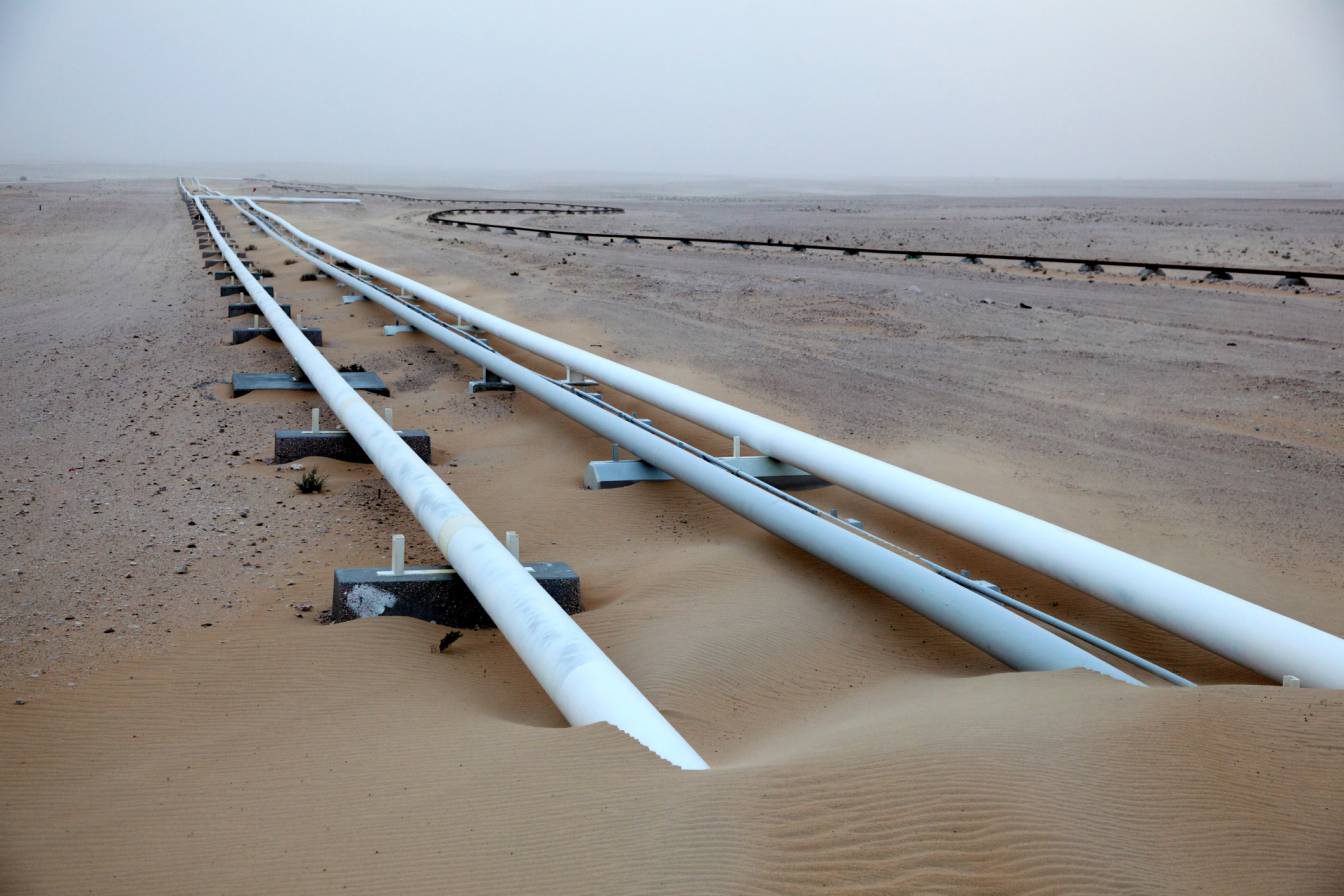Investing in the face of geopolitical uncertainty
Conflict situations tend create an additional layer of uncertainty in financial markets, resulting in investors generally favouring defensive assets over risk assets.
When news about a conflict situation breaks, investors seeking safety go into ‘risk off’ mode, meaning US treasuries – a barometer of the world’s demand for fixed income – tend to rise, sending yields down.
So called ‘risk assets’ including equities can experience increased selling at times of heightened uncertainty in favour of fixed income assets, which are perceived to have lower risk characteristics because of their predictable fixed payments and the fact that many are backed by governments rather than companies.
While we are seeing evidence some investors are continuing to seek safety in fixed income investments, this is competing with the counter ‘risk on’ narrative, as investors weigh up improvements in economic conditions in the United States and elsewhere.
This dynamic overall has the potential to create heightened volatility in both equity and fixed income markets.
Factoring in oil
Oil is another price sensitive variable to consider if this conflict situation evolves.
Crude oil futures spiked on the news of conflict in the Middle East, indicating the potential for this to be a factor. Iran contributes around 4%1 of global oil production, so that is meaningful if the conflict expands beyond its current area to impact on that activity.
As we learned from the Russia Ukraine conflict, oil supply could push up energy prices, which has broader economic implications, including pushing inflation higher.
With central banks highly attuned to inflation, higher energy prices could bring back the possibility of further interest rate rises. While central banks do not usually react to higher energy prices alone, if energy feeds through to broader inflation, or if central banks feel expectations for future inflation are becoming excessive, they may be compelled to act.
Conflict situations are unpredictable and can be long lasting with many twists and turns. We are not trying to time markets, nor do we see this situation as an opportunity to game our exposures.

Crude oil futures spiked on the news of conflict in the Middle East.
How we’re positioned
We have focussed on increasing diversification to reduce unrewarded risks from the portfolio in an effort to deliver better returns with lower risk.
We have an allocation to what we call “defensive alternatives” which have return profiles largely unlinked from the global macro and geopolitical environment.
One example is an investment in microfinance, which has a return profile mostly detached from many of the current macroeconomic events because it’s aiming to solve very basic problems at a community level.
We're looking for other investments including assets backed by high quality infrastructure, private debt opportunities within the renewable infrastructure space – asset values with more secure future return profiles.
Where we have exposure to risk assets, we have put in place a small degree of what’s called “tail insurance” to address risk in the portfolio without excessively impacting returns.
We have a broadly neutral position vs our long-term strategic asset allocation and our protection strategies.
So overall, we are staying neutral in our strategic asset allocation positioning for the moment, and will monitor currently expensive hedging options should they become more attractive.



